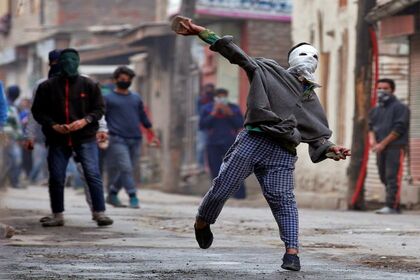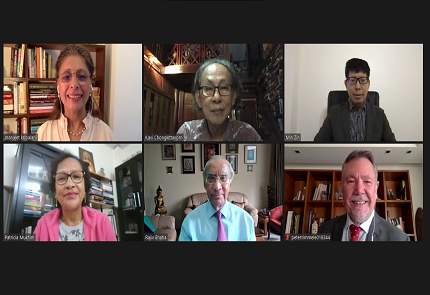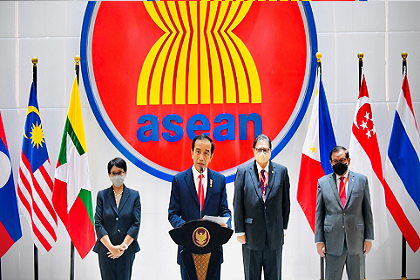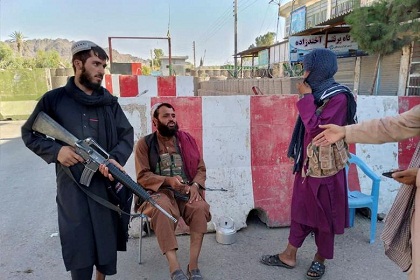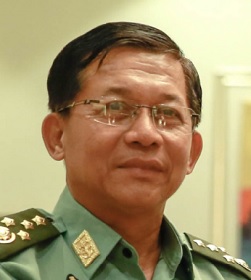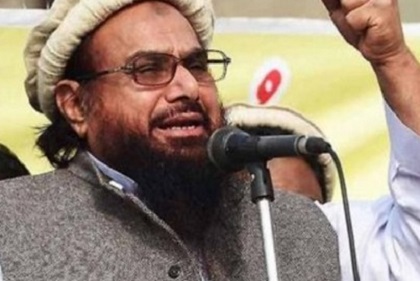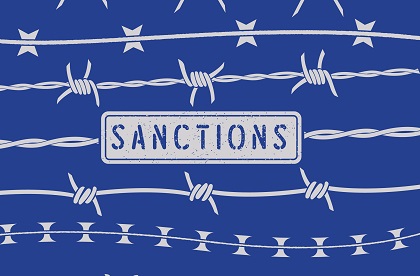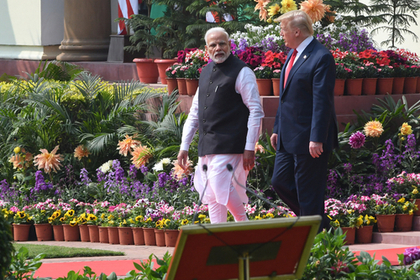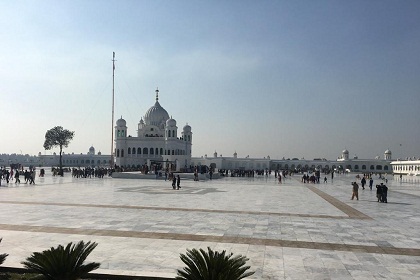Linking demonetisation and stone-pelting
There have been many reported links between protesters pelting stones at security forces in Kashmir and the Pakistani Inter-Services Intelligence (ISI), with Indian intelligence reports that stone-pelters were paid money by the ISI, and often went on to become militants. This was an important motivation behind the demonetisation of currency notes by the Indian government in 2016. However, this raises the question: has demonetisation really curbed stone-pelting?

